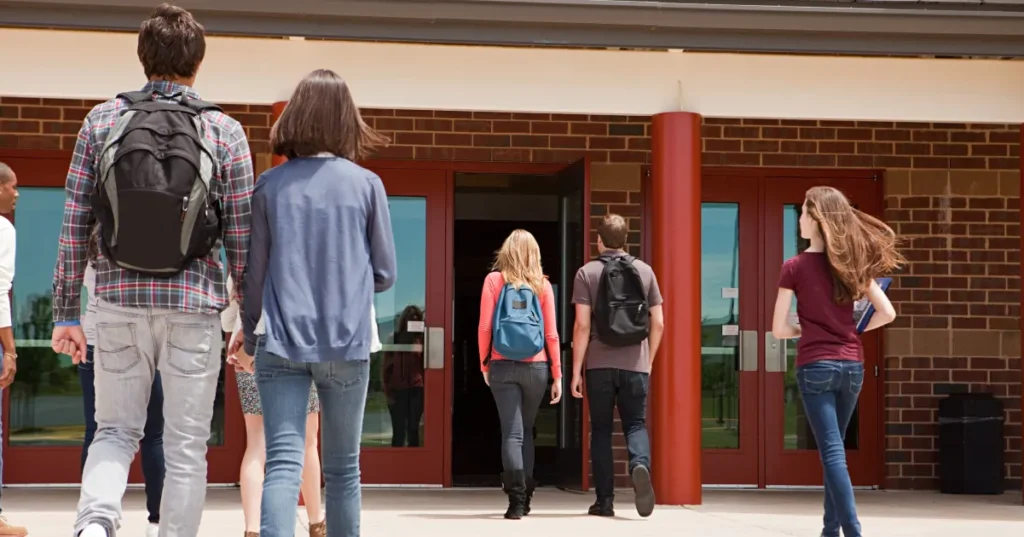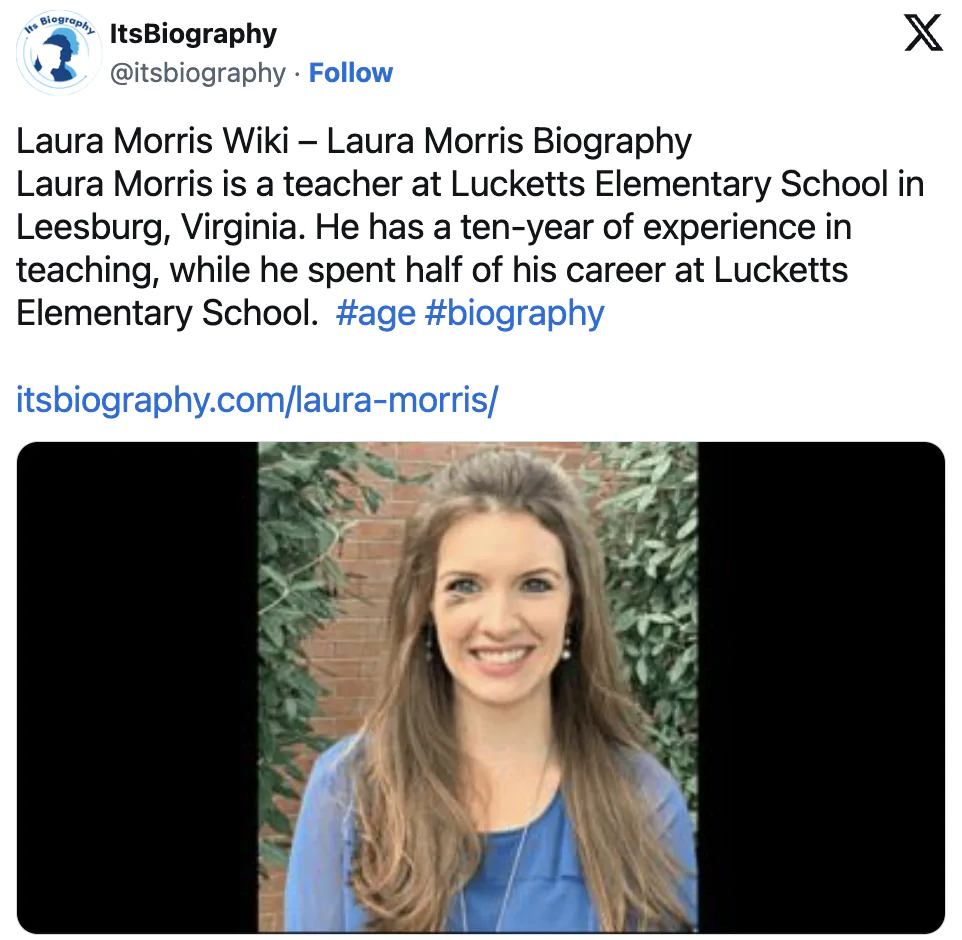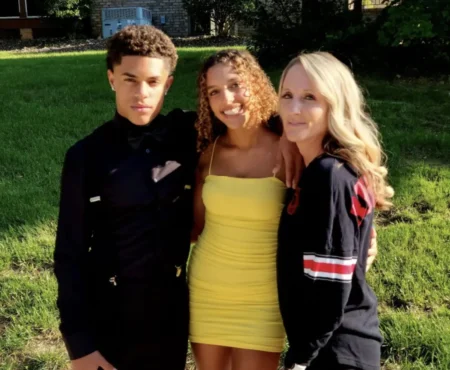During a heated school board meeting in Loudoun County, Virginia, Laura Morris, a teacher at Lucketts Elementary School, made a dramatic exit from her position. In an emotional speech, she explained her decision to step down, citing frustration with what she saw as the school district’s excessive focus on “equity trainings” and political doctrines. Morris felt these initiatives conflicted with her personal values, saying they targeted “white, Christian, able-bodied females.”

Having taught in the district for five years, Morris emphasized the difficulty of her choice but expressed her inability to continue working in an environment where she felt political agendas overshadowed educational priorities.
The Ongoing Debate Around Critical Race Theory
Morris’s resignation adds fuel to the ongoing debate about Critical Race Theory (CRT) in schools, a topic that has deeply divided communities nationwide. Loudoun County has become a focal point in these discussions, with parents, teachers, and administrators often at odds over how race and equity should be addressed in education.

Critics of CRT argue that it fosters division and politicizes the classroom, while supporters see it as an essential tool for understanding systemic inequities and reframing history. These contrasting perspectives have turned school board meetings into battlegrounds, with Loudoun County frequently in the spotlight.
A History of Controversy in Loudoun County
This incident is not the first time Loudoun County Public Schools (LCPS) has faced public scrutiny. In May, physical education teacher Byron “Tanner” Cross was suspended for refusing to “affirm that a biological boy can be a girl and vice versa.” Cross explained that his Christian faith prevented him from doing so, though he clarified he would respect students by using their chosen names.
After a court ordered Cross’s reinstatement in June, the school district announced its intention to appeal. This case highlighted the ongoing tension between individual beliefs and school policies, with both sides claiming to prioritize students’ well-being.
Heated Discussions on Transgender Policies
More recently, debates about transgender policies have further polarized the community. The school board has been working on guidelines for transgender students, including access to sex-specific facilities and participation in school activities based on gender identity. These discussions have been so divisive that a vote had to be delayed, underscoring the challenges of addressing such sensitive issues in a way that satisfies all parties.
Loudoun County has become a microcosm of the broader cultural debate over inclusivity, religious freedom, and parental rights, with no easy resolution in sight.
Weighing in on the Larger Debate
Laura Morris’s resignation serves as a poignant example of the personal impact these larger societal issues can have on educators. Her decision underscores the difficulty of navigating deeply held beliefs in a professional environment increasingly shaped by complex cultural debates.
What do you think about these ongoing discussions? Join the conversation on Facebook and share your perspective on how schools should address these challenges.


